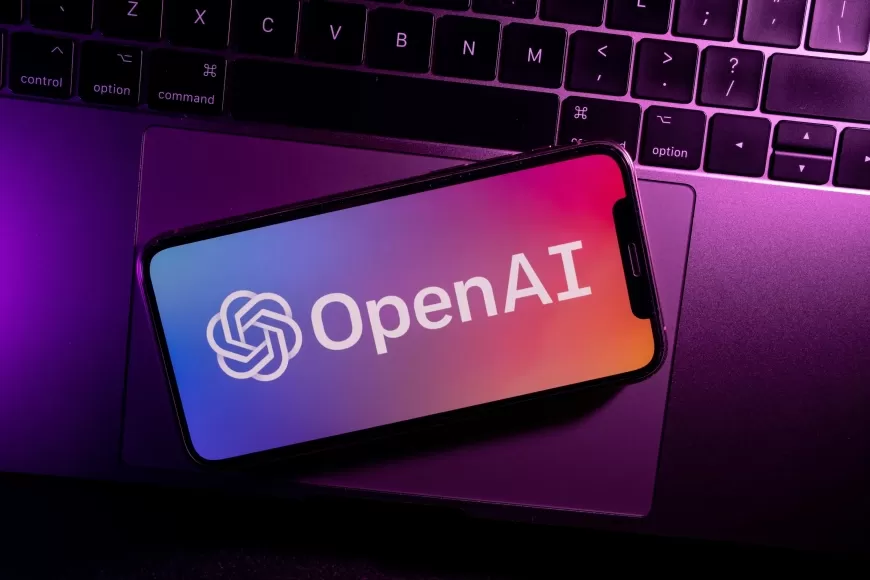Crypto Investors Gain Political Attention as Blockchain Benefits Highlighted

With presidential campaigns aiming to win over 50 million crypto investors, it's essential to remind America about the real benefits of blockchain technology. Recently, there's been a noticeable shift in Washington, showing strong support for blockchain, a key internet innovation of the last 15 years. Blockchain, used for much more than just cryptocurrency, has recently gained bipartisan support in Congress.
Key Developments:
-
SEC Approves Ethereum ETFs: On May 23, the SEC approved exchange-traded funds (ETFs) for Ethereum, a popular cryptocurrency. This follows the earlier approval of Bitcoin ETFs. These ETFs allow traditional investors to buy into crypto, showing that even the skeptical SEC is warming up to cryptocurrency.
-
House Passes FIT21 Bill: The House of Representatives passed FIT21, a bill that aims to provide clear rules for the digital currency industry. For years, the crypto industry has asked for guidance on how to operate legally in the U.S., and this bill is a step in the right direction.
-
Balancing Regulation and Innovation: It's challenging to find the right balance between regulating blockchain technology and keeping its decentralized nature. President Biden's recent veto shows that even within the Democratic party, there are differing opinions on how blockchain should evolve. Despite the past negative events, like the collapse of FTX, the newfound bipartisan interest in blockchain is promising for its future.
Widespread Use and Benefits:
Today, more than 50 million Americans own some form of cryptocurrency. Traditional financial institutions are also starting to use blockchain to improve transaction processes, reduce errors, and make financial services more accessible worldwide. However, blockchain technology offers much more than just financial benefits.
Beyond Cryptocurrency:
Blockchain is a new approach to the internet, often called "web3," aiming to improve everyday online activities. This technology focuses on securing data, protecting privacy, and giving control back to users. Unlike big tech companies that sometimes misuse user data, blockchain applications offer a decentralized alternative that ensures privacy and security.
Practical Examples:
-
Secure Communication: Email accounts on blockchain servers can keep communications private and free from data mining and ads.
-
Safe AI Development: Blockchain can make AI safer by making AI models open source and transparent, allowing developers to test and improve them.
-
Economic Participation: Blockchain enables fair participation in the economy. For instance, weather companies can use local vehicles as weather sensors, compensating participants with cryptocurrency. Apps can provide car maintenance data, helping owners make smarter decisions and sell their cars at fair prices.
Relevance in Elections:
In an election year, blockchain has special importance. Smart contracts can verify identities and activities, ensuring the voting process's integrity. Blockchain can also serve as a public record for intellectual property, helping to maintain the accuracy of verified news and combat misinformation.
Future Outlook:
Given all the benefits of blockchain technology for society, the economy, and individual privacy, it's no surprise that it is gaining bipartisan support in Washington. Government policies that encourage blockchain innovation while preventing misuse will support America's progress, innovation, and entrepreneurship.
Also Read: Beware: Elon Musk Deepfakes Trigger Crypto Scams and Cybersecurity Concerns
What's Your Reaction?
 Like
0
Like
0
 Dislike
0
Dislike
0
 Love
0
Love
0
 Funny
0
Funny
0
 Angry
0
Angry
0
 Sad
0
Sad
0
 Wow
0
Wow
0









